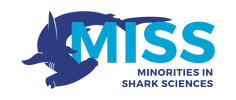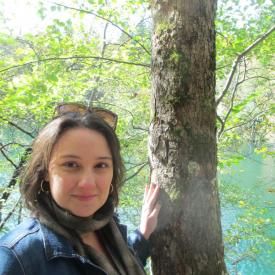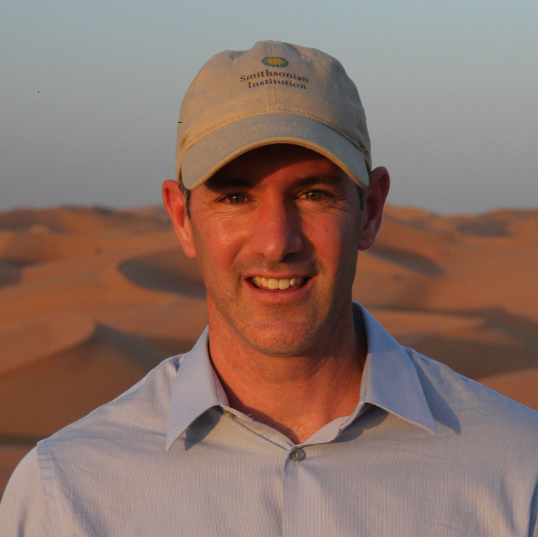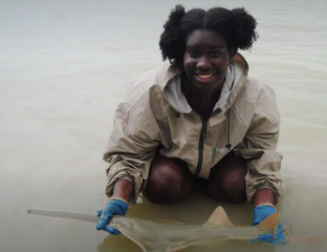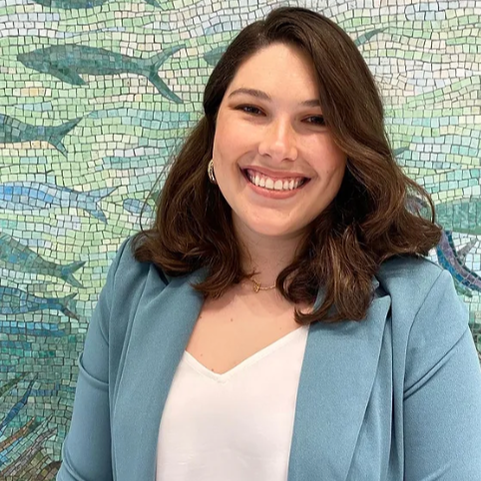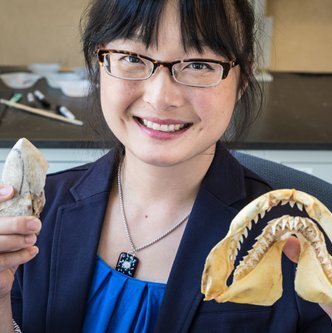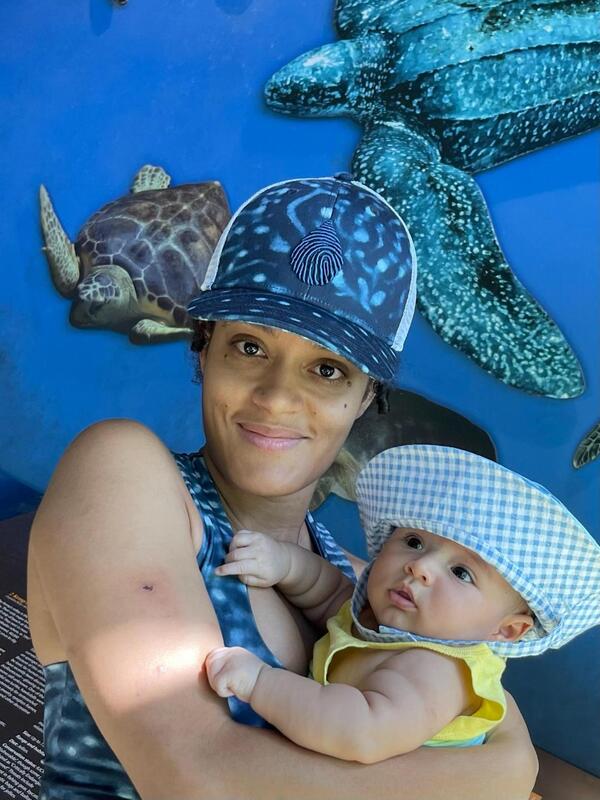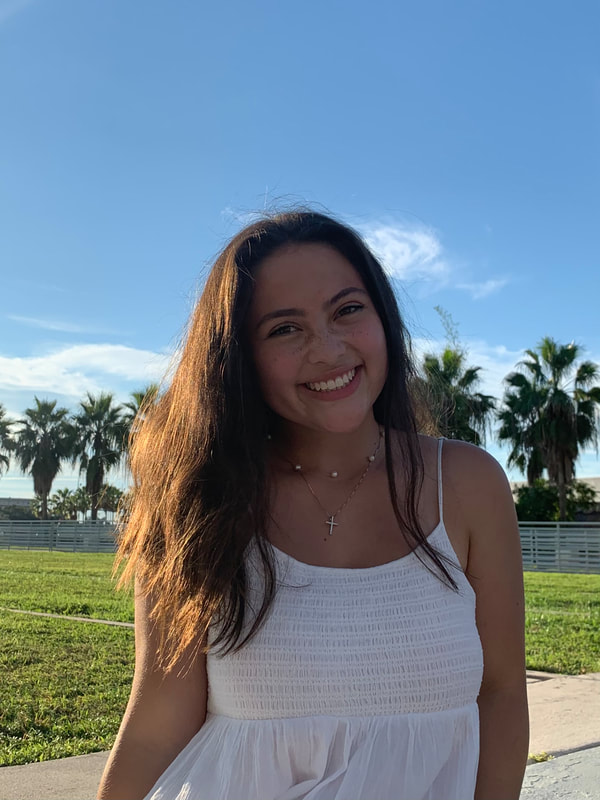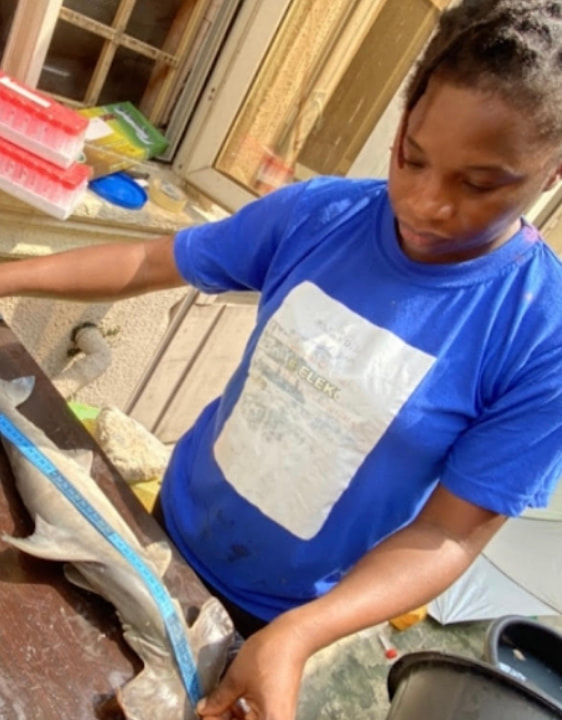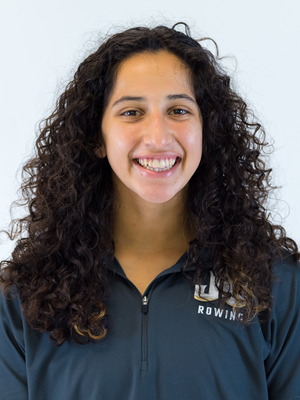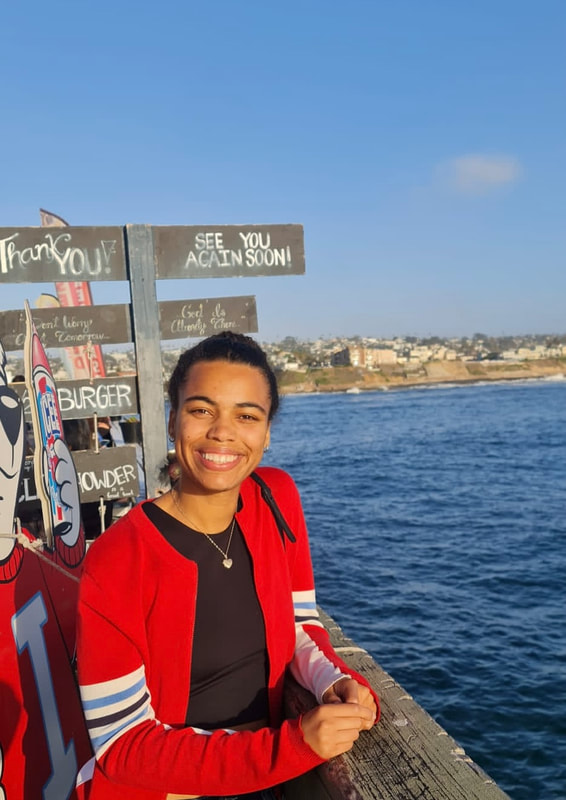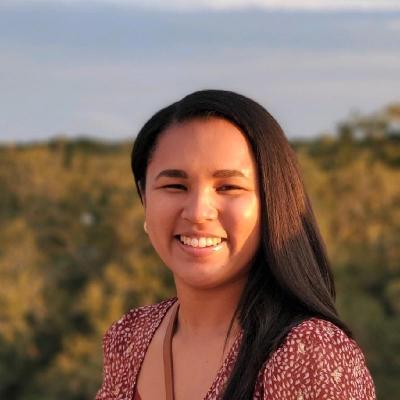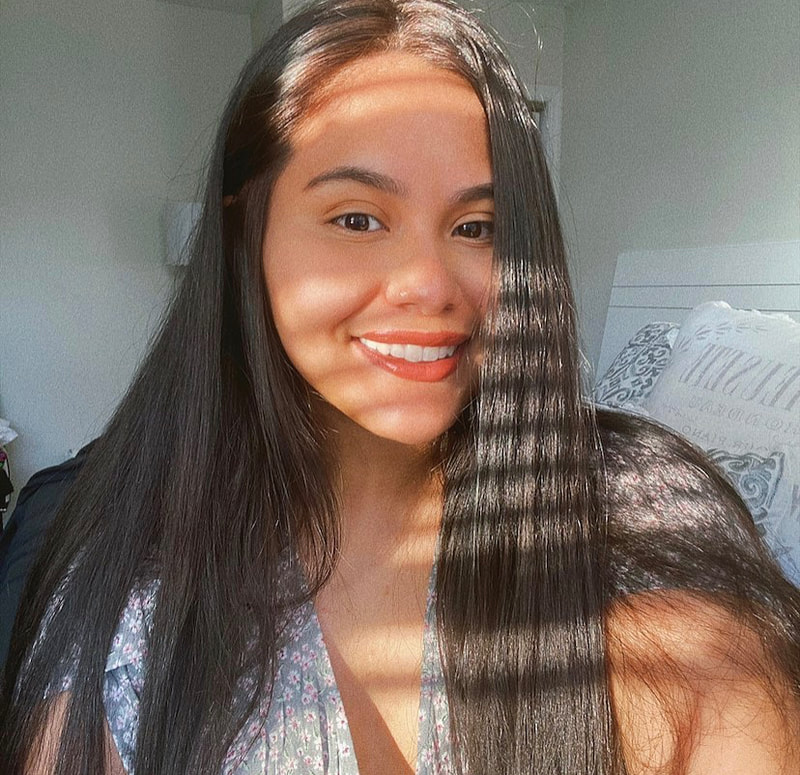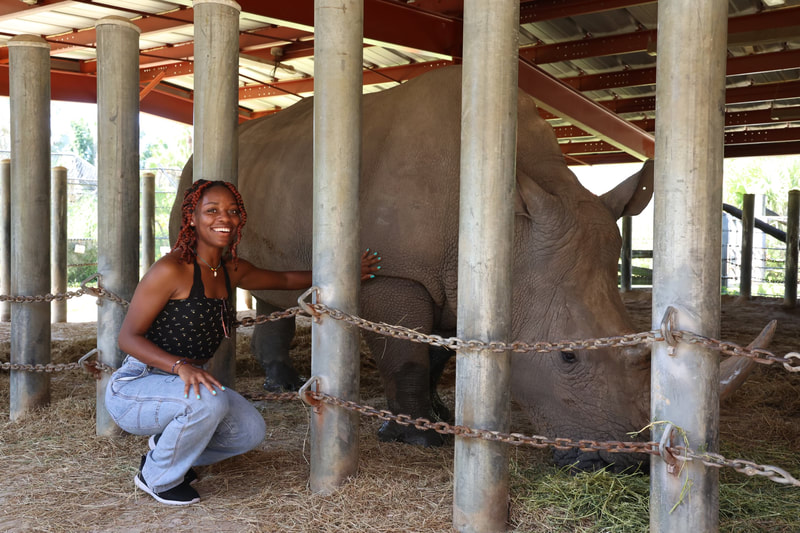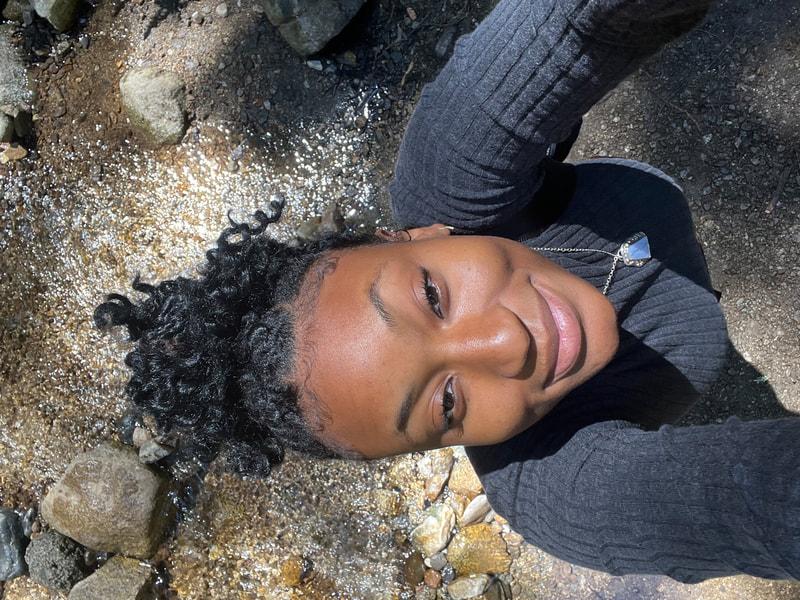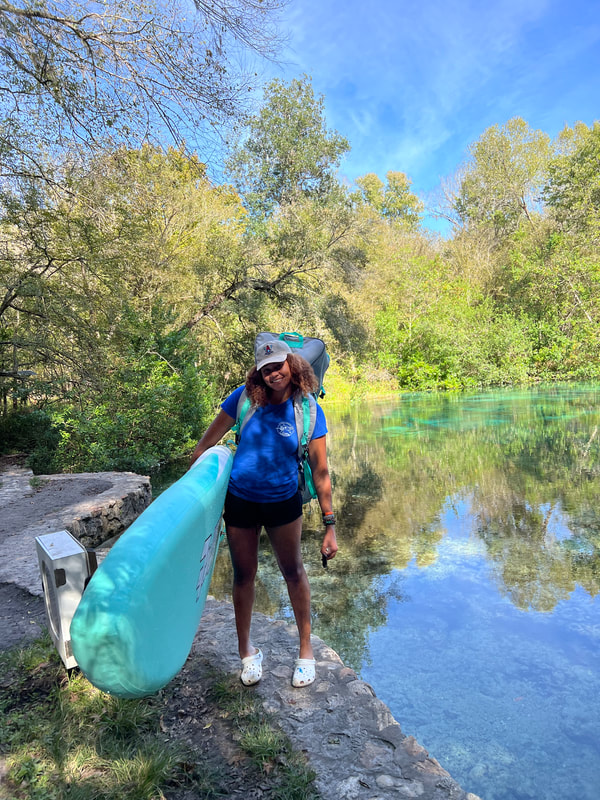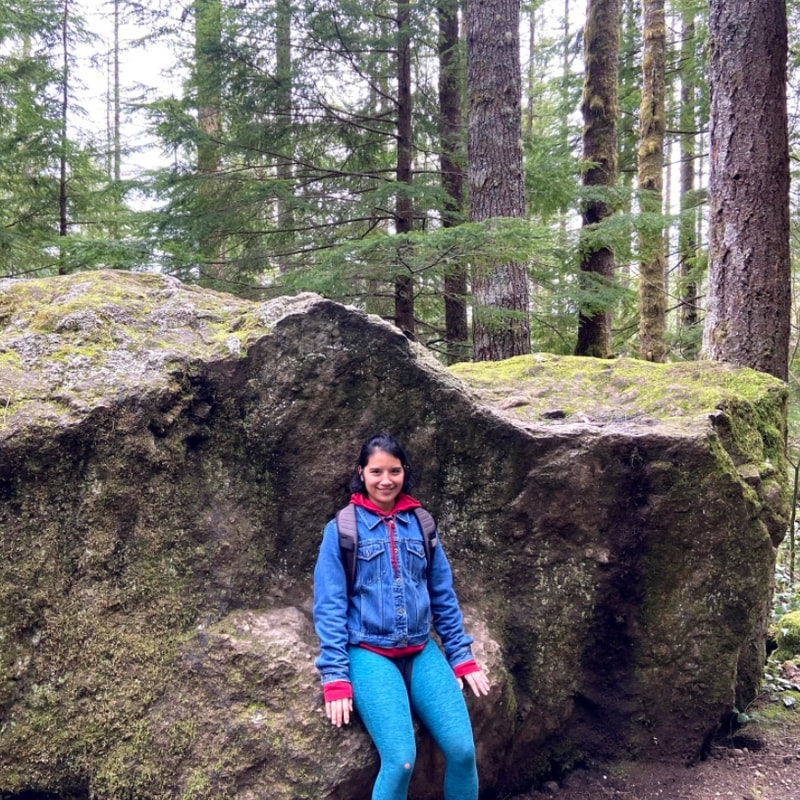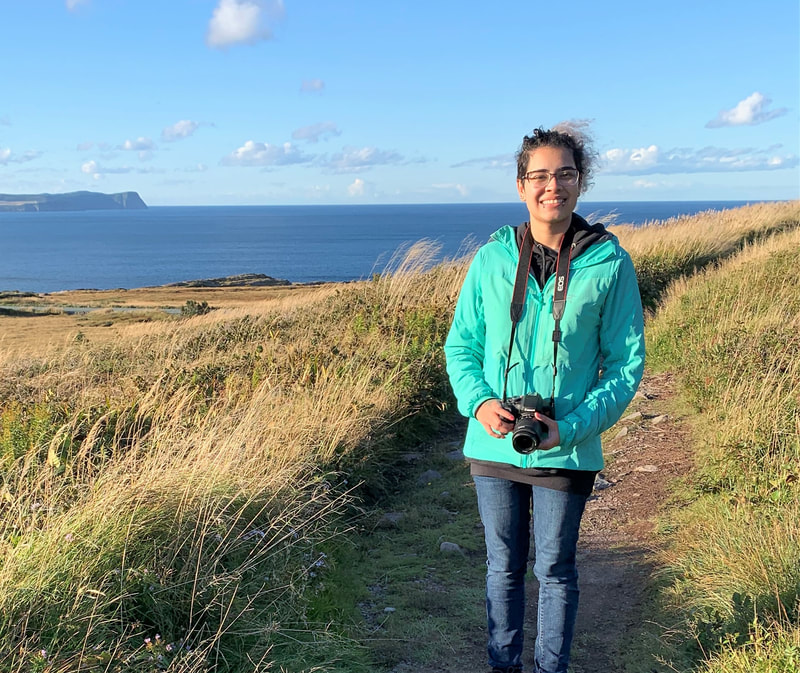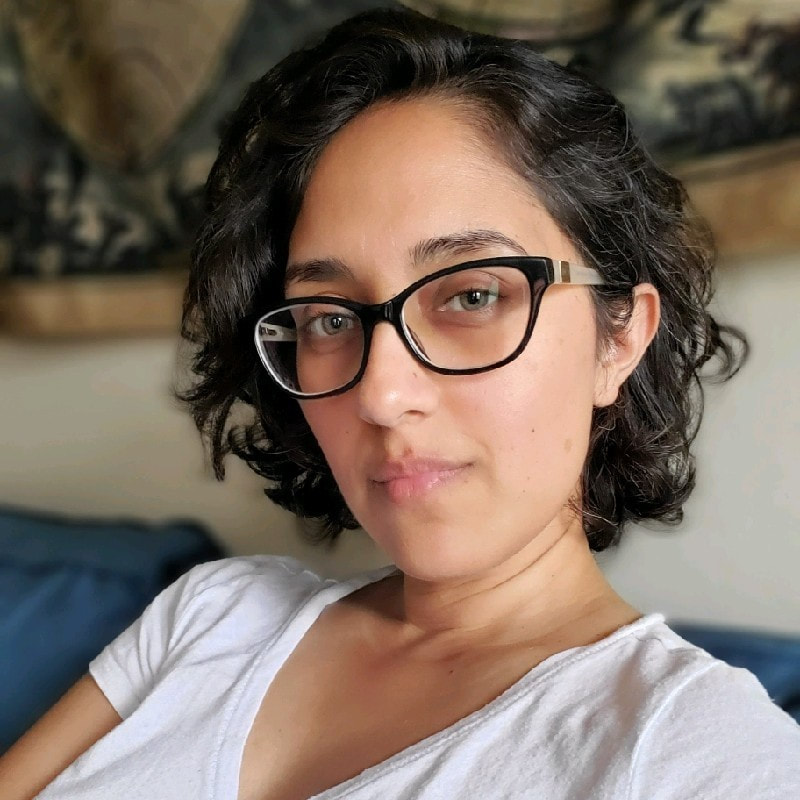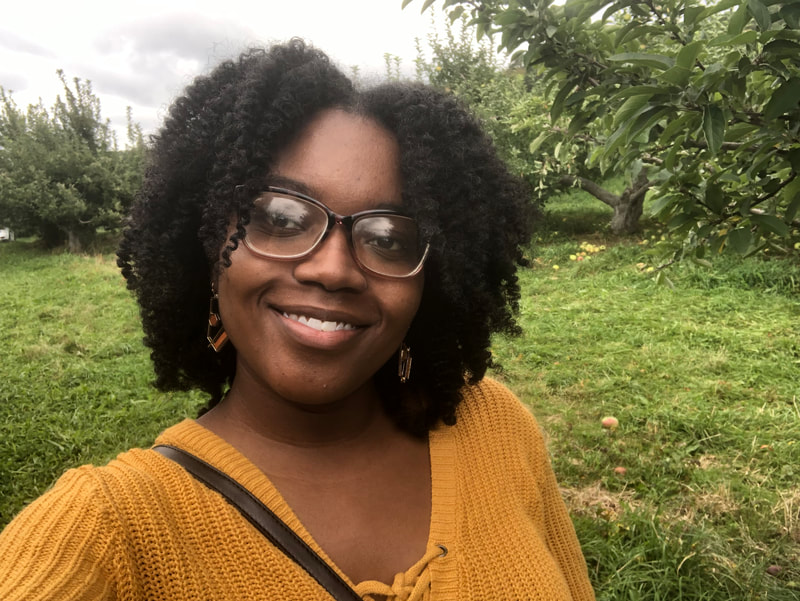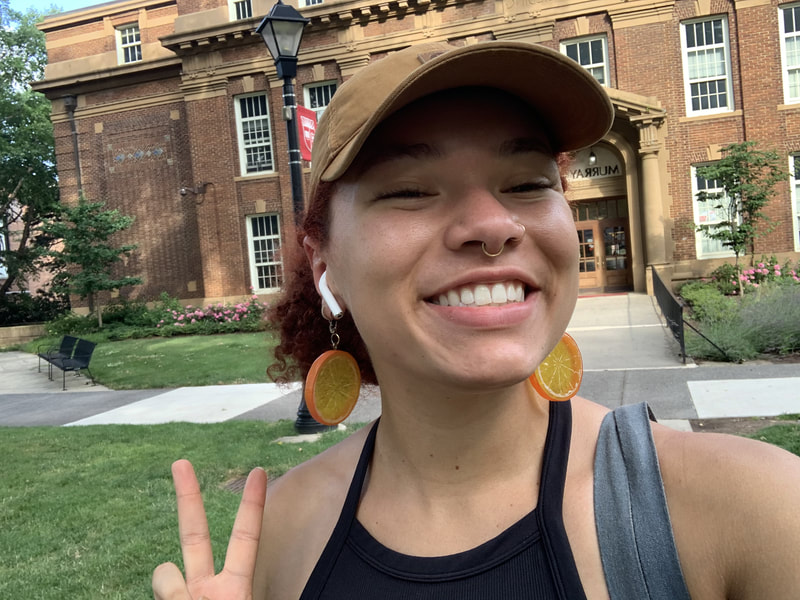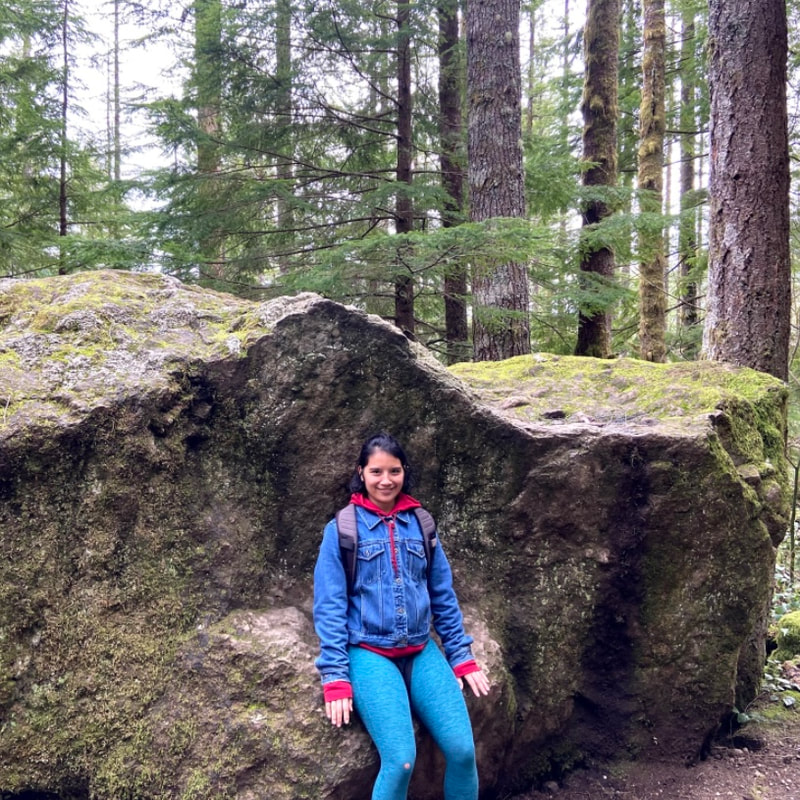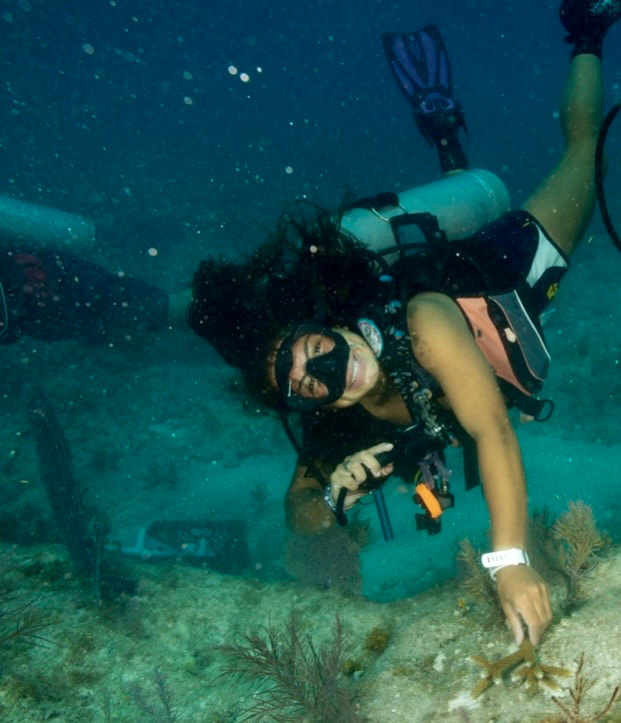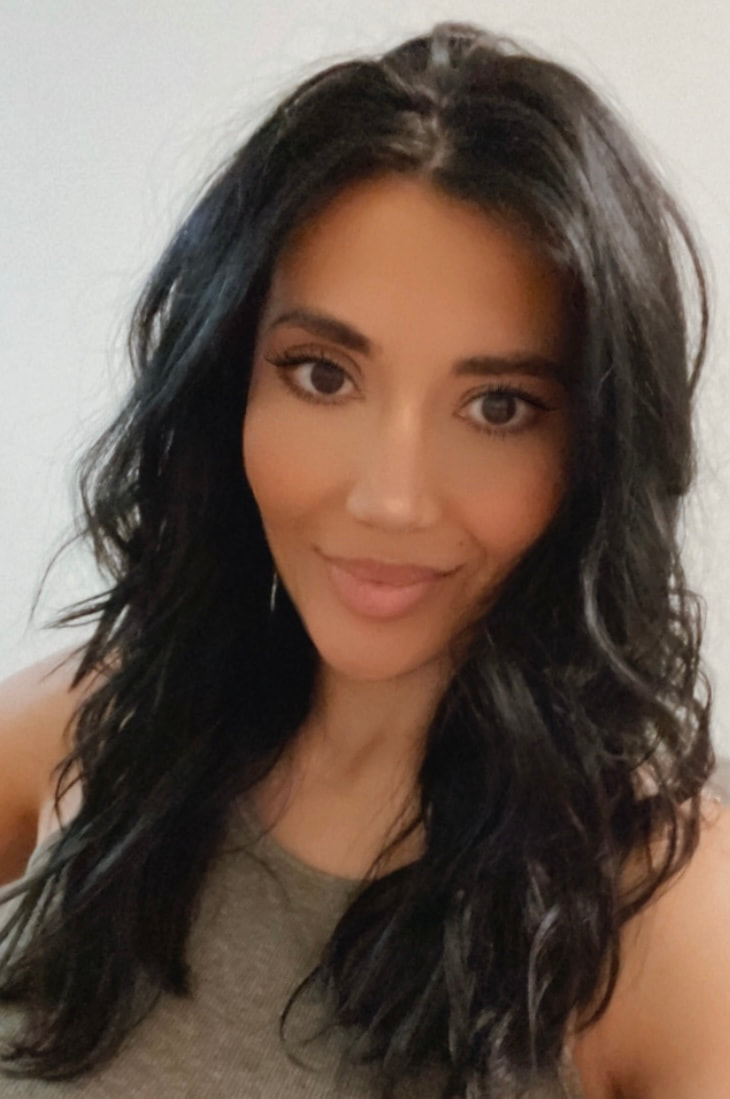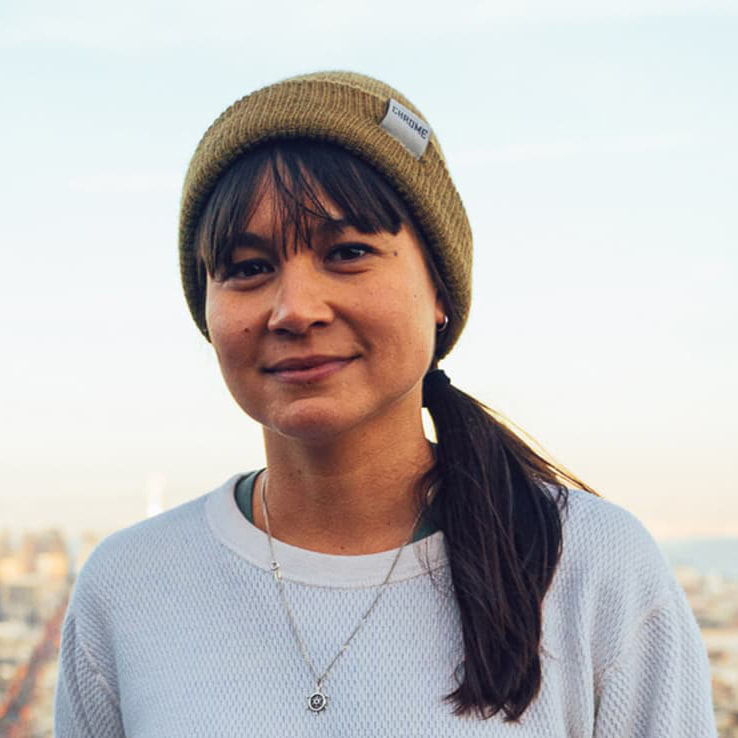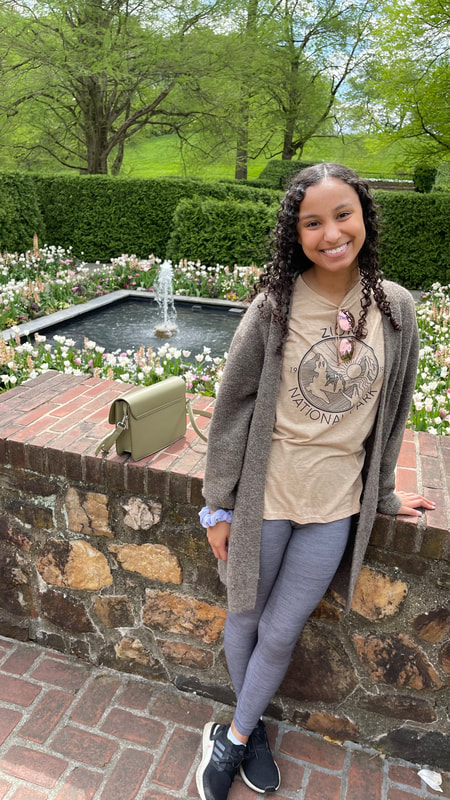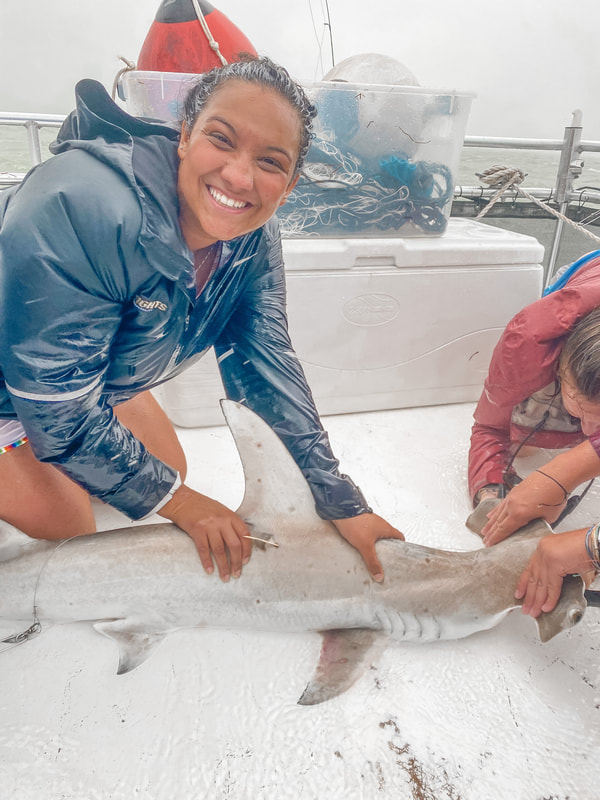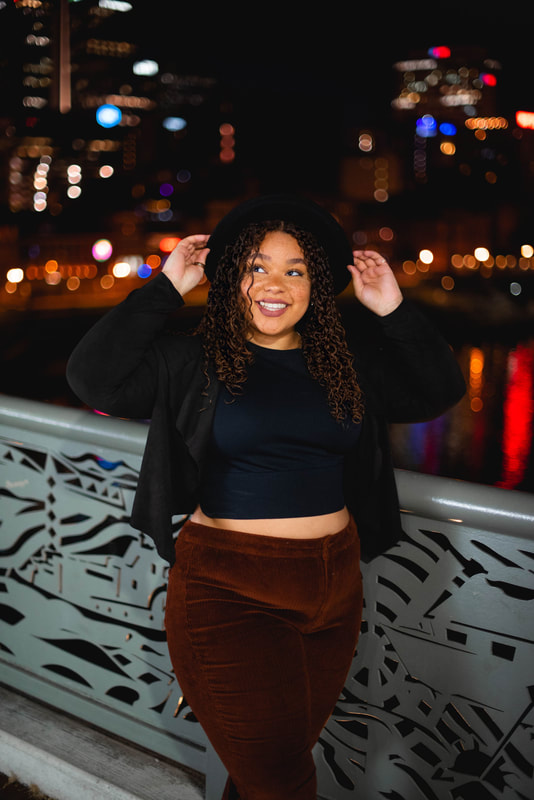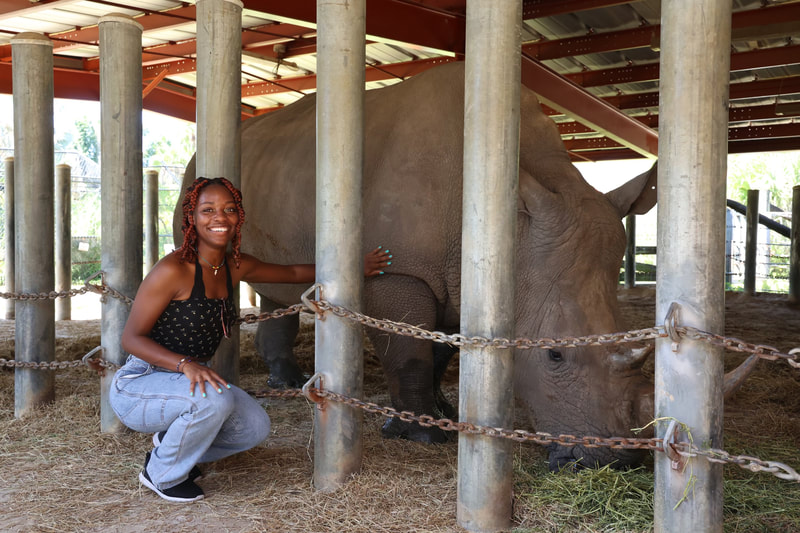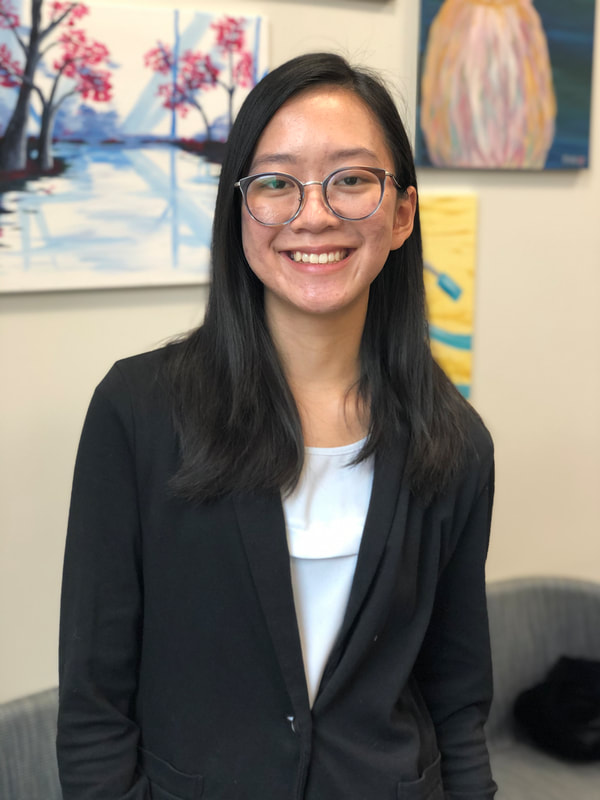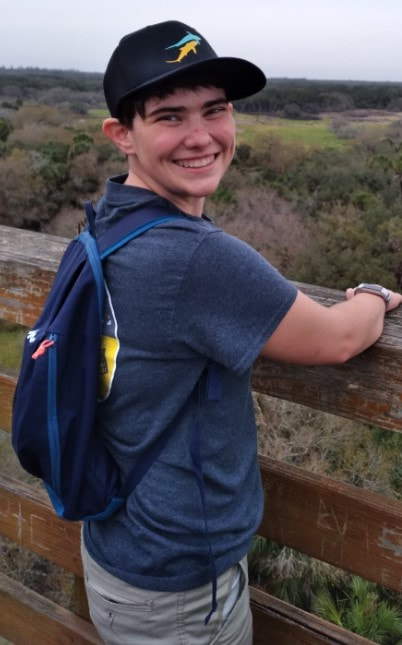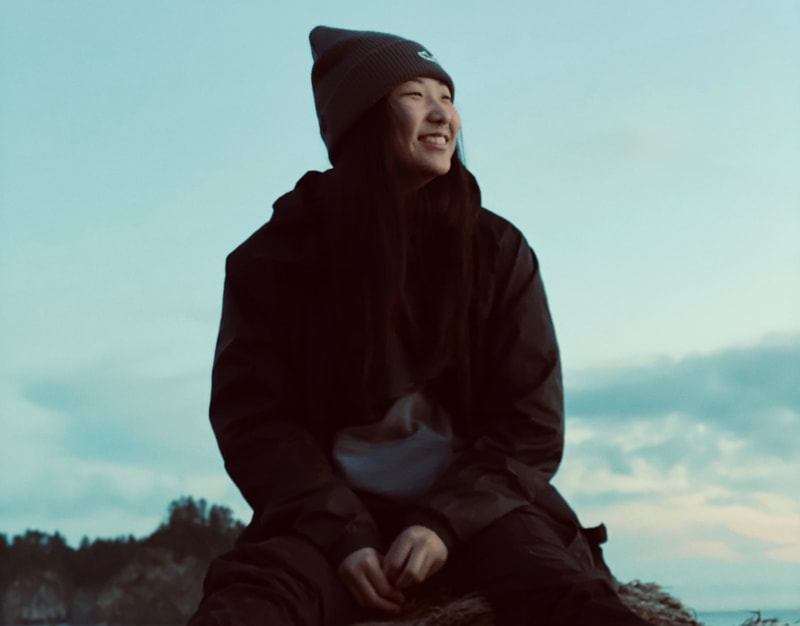The purpose of the program is to provide folks with a stepping stone into marine science who are otherwise struggling to break into the field. Diversifying Ocean Sciences is a free, year-long hybrid program for people to hone their ocean science skills, build their network, and receive mentorship. Thirty participants will be accepted into the program. Participants will have the opportunity to participate in one of four concentrations (Estuary Science, Deep Sea Science, Coastal Science or Aquarium Science). The experience will culminate with a week long hands-on intensive in-person (on site) workshop and a week long shoreside (on site) or remote experience during summer 2024.
All participant travel is covered and participants will receive a small stipend of $1000 per week of in-person time to offset any lost wages due to participating in the program.
All participant travel is covered and participants will receive a small stipend of $1000 per week of in-person time to offset any lost wages due to participating in the program.
Participant requirements
18+ BIPOC Gender Minorities (especially those who have experienced or are experiencing a disruption in the educational/professional development looking to fill a gap in experience).
18+ BIPOC Gender Minorities (especially those who have experienced or are experiencing a disruption in the educational/professional development looking to fill a gap in experience).
Time commitment
The program will be online from January to April with 1.5 hour meetings with your concentration once/month. In addition you will be required to participate in at least 6 additional online professional development courses offered during this period. In person workshop dates are as follows: Deep Sea Concentration (June 11-27, 2024), Aquarium Science (June 27-July 3, 2024), and Estuary Science (July 13-20, 2024).
Note: those in the Deep Sea concentration will be participating in an online shoreside one of the weeks of the Deep Sea cruise and all other concentrations will be remotely participating during one of the weeks of the Deep Sea cruise. During the fall of 2024 you will work with the participants in your concentration to complete a project based on data you collected during the summer, which you will present at the end of the program.
For frequently asked questions please open the file below:
The program will be online from January to April with 1.5 hour meetings with your concentration once/month. In addition you will be required to participate in at least 6 additional online professional development courses offered during this period. In person workshop dates are as follows: Deep Sea Concentration (June 11-27, 2024), Aquarium Science (June 27-July 3, 2024), and Estuary Science (July 13-20, 2024).
Note: those in the Deep Sea concentration will be participating in an online shoreside one of the weeks of the Deep Sea cruise and all other concentrations will be remotely participating during one of the weeks of the Deep Sea cruise. During the fall of 2024 you will work with the participants in your concentration to complete a project based on data you collected during the summer, which you will present at the end of the program.
For frequently asked questions please open the file below:
| dos_faq_2023.pdf | |
| File Size: | 90 kb |
| File Type: | |
Meet the Program Mentors & Their Concentrations
Estuary Science
Participants will have their summer experience at the Smithsonian Environmental Research Center (SERC) in Edgewater, Maryland on the shores of Chesapeake Bay. During the workshop, participants will explore the diversity of organisms that can be found in the Bay, as well as some of the environmental changes that are impacting the ecosystem. Participants will gain experience in a range of techniques that can be used to explore estuarine ecosystems, including field techniques like trawling, seining, high-resolution imaging sonar, acoustic telemetry, and genetic and molecular lab techniques, as well as the
ways that museum collections can be used to understand past and current
environments. Participants will also have opportunities to engage with marine science educators to better understand how this research is shared with youth and adult audiences.
ways that museum collections can be used to understand past and current
environments. Participants will also have opportunities to engage with marine science educators to better understand how this research is shared with youth and adult audiences.
|
Dr. Alison Cawood is the Director of Public Engagement at the Smithsonian Environmental Research Center. In this role, she oversees SERC’s environmental education, citizen science, and professional training programs, and works to make SERC science relevant and accessible to a wide range of audiences.
She will be co-leading the Estuary Science concentration. |
|
Dr. Matt Ogburn is a Marine Ecologist and Senior Scientist of the Fisheries Conservation Lab. He leads research on fishery species ranging from blue crabs to sharks and rays, fish habitat restoration, and long-term change in coastal ecosystems.
He will be co-leading the Estuary Science concentration. |
Deep Sea Science concentration
We will be collaborating with Peerside for this concentration. Participants will go on a one week aboard the R/V Western Flyer, a mission-dedicated vessel to support student learning and growth. Participants also learn remote science during a one-week expedition, building their skills to be part of the New Blue Economy. Participants will get to experience living and working aboard a research vessel offshore.
|
Dr. Lauren Simonitis is an aquatic sensory biologist interested in how animals use their sensory systems to understand their environment and impact their role in predator prey relationships. From the prey perspective, she focuses on how animals use ink as a chemically mediated antipredator defense and also studies the olfactory system of sharks by describing the general morphology, distribution of sensory structures, and fluid dynamics of different Chondrichthyan nasal morphologies. Lauren is currently a National Science Foundation Postdoctoral Research Fellow in Biology.
She will be co-leading the Deep Sea Science concentration. |
Laboratory & Aquarium Science
Participants in the Aquarium Science concentration will spend their hands-on workshop in California working with scientists at Monterey Bay Aquarium. Participants will get hands-on experience with animal husbandry, aquarium life support and research on captive animals.
|
Dr. Sora Kim explores the interaction between environmental change and biotic responses. Her projects are diverse and include plants and animals while spanning modern to paleo-systems and terrestrial to marine environments. The questions she asks involves elements of time and climate change with a consideration for the role of physiology and ecology.
Dr. Kim will be mentoring from UC Merced where she is an assistant professor and leading the Laboratory Techniques concentration. |
2023 Concentrations, Mentors, and Participants
Field Concentration mentored by Dr. Catherine Macdonald and Dr. Julia Wester
Laboratory Techniques Concentration mentored by Dr. Sora Kim
Marine Technology Concentration mentored by Dr. Camrin Braun and Marianne Walsh
Laboratory Techniques Concentration mentored by Dr. Sora Kim
Marine Technology Concentration mentored by Dr. Camrin Braun and Marianne Walsh
Meet the 2022-2023 Diversifying Ocean Sciences Cohort!
Thank you to the Charles & Margery Barancik Foundation for funding our 2022 Diversifying Ocean Science program!
About missMISS provides a community and funded opportunities for gender minorities of color who wish to enter the field of shark sciences. We aim to show that there are many gender minorities of color succeeding in and interested in this field.
We fundraise and apply for grants to create paid opportunities to attempt to knock down the financial barrier into shark sciences. We encourage other organizations in our field to do the same. |
Jump to:Our Story
Become a Member Friends of MISS Workshops Sponsorship Program Donate 2023 Annual Report 2023-2026 Strategic Plan Results Framework Final Report MISS is a registered US nonprofit, tax-exempt corporation under 501 (c)(3) of the Internal Revenue Code (EIN: 85-2192211).
|
CONTACT USMailing Address:
PO Box 10493 Bradenton, FL 34282 © COPYRIGHT 2022. Minorities in Shark Sciences Inc.
|
